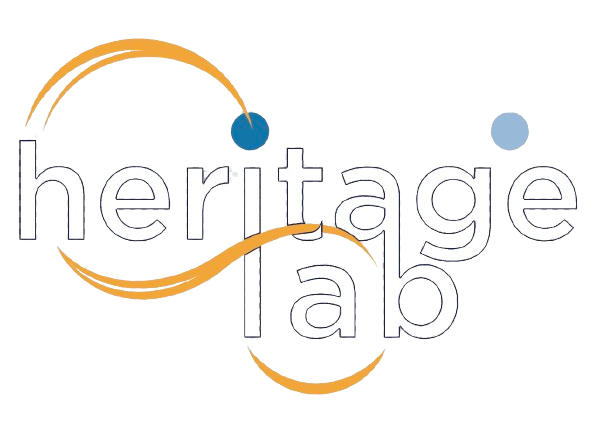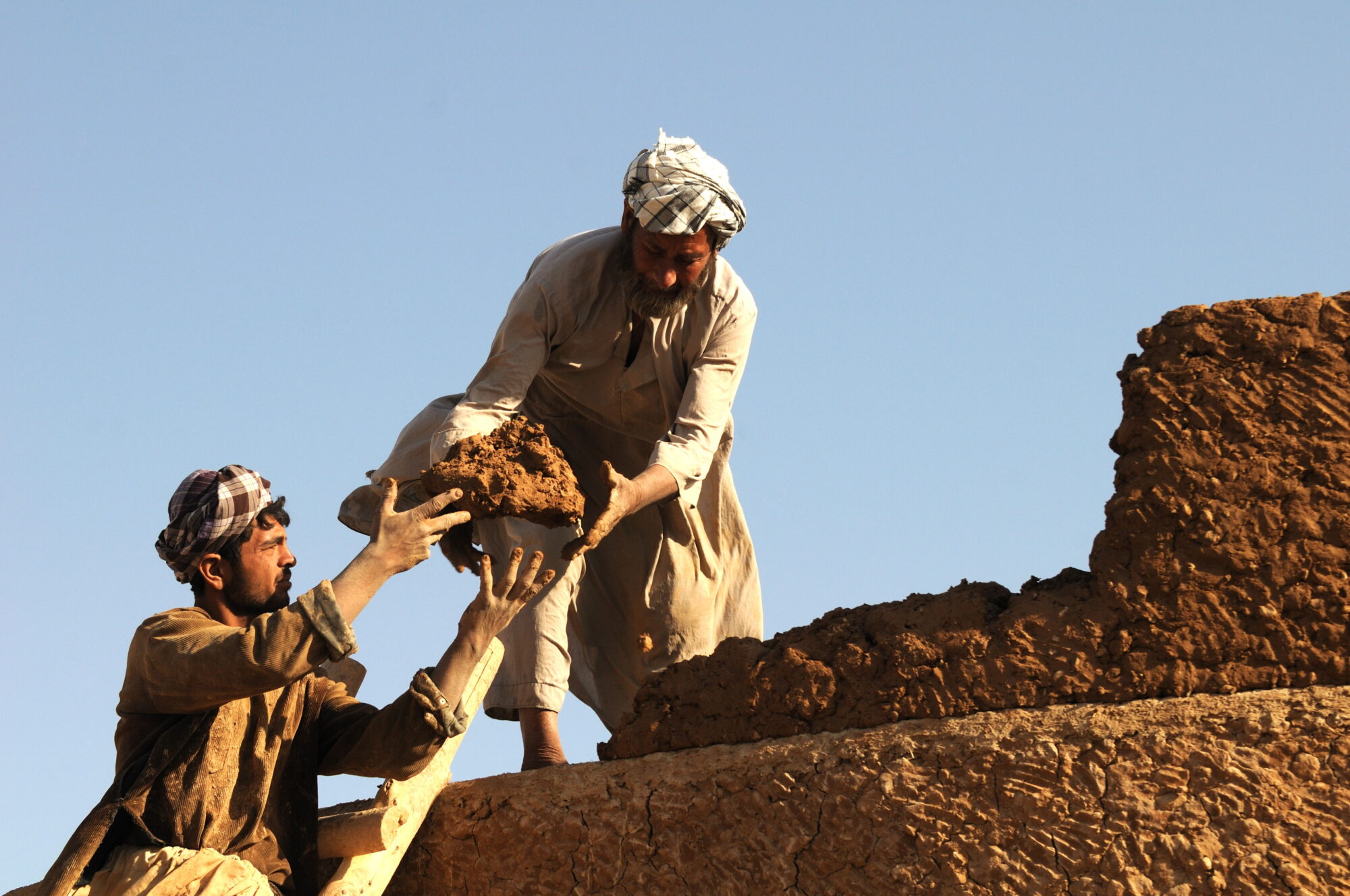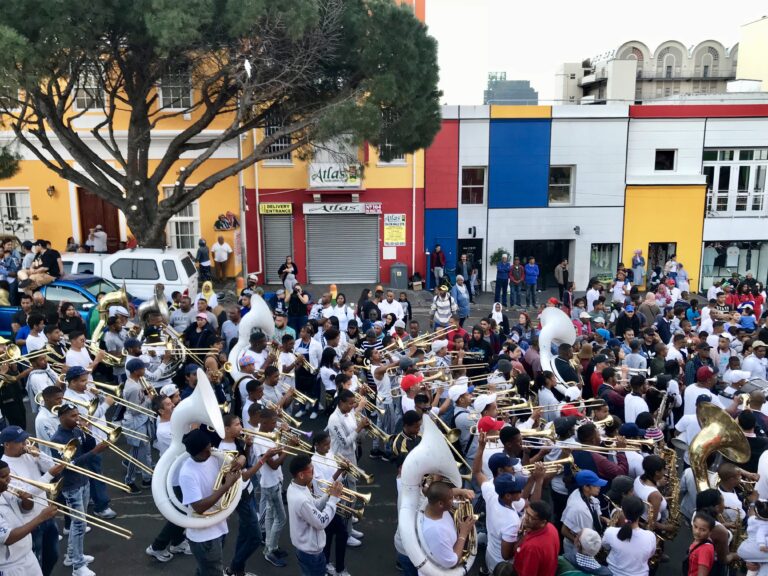
We recognize heritage as a powerful agent in our understanding of our past and our path towards the future, whether in geopolitical, environmental, or social contexts. We seek to unearth, document and celebrate forgotten or erased heritage narratives around objects, places and collective memory in what we could call emerging or re-emerging pasts.
Historically, heritage has been monopolized by those in power, leading to exclusionary narratives and the marginalization of diverse voices. HeritageLab challenges this paradigm by giving voice to the multifaceted nature of heritage that exists beyond the confines of official designations, traditional boundaries, and geographical frontiers.
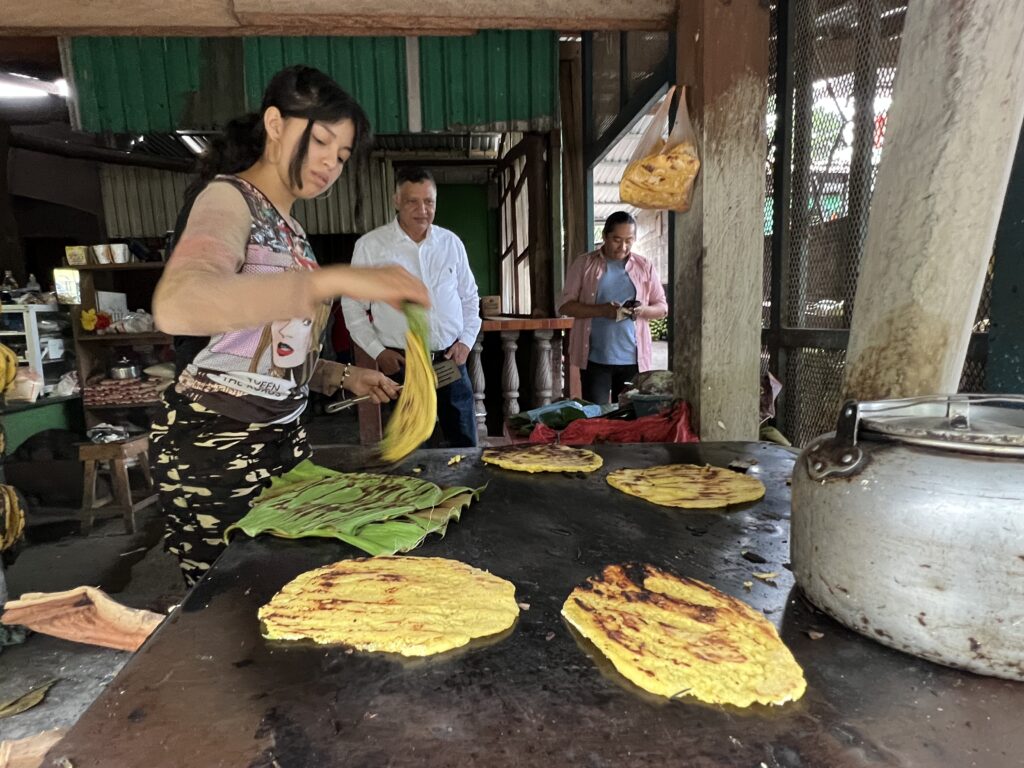
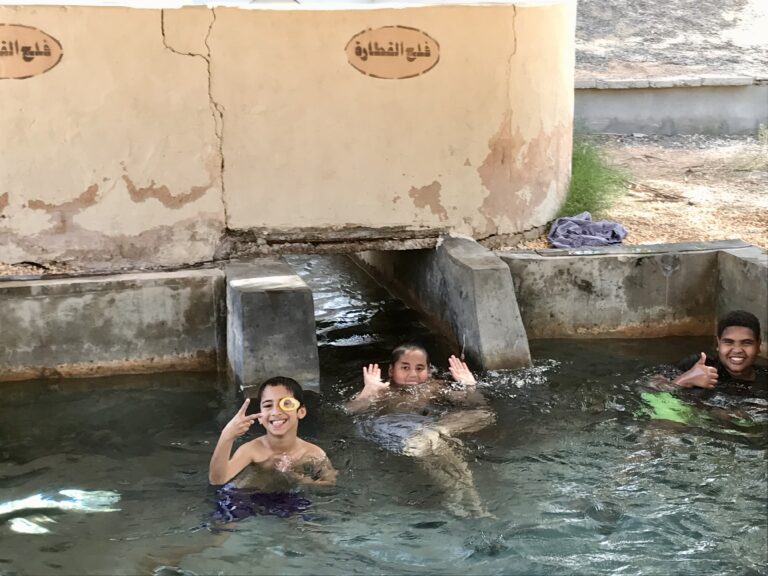
This means supporting organically grown or grassroots heritage communities, going beyond national agendas and formal heritage institutions. We study and practice the processes of heritage creation and management to create mechanisms for more inclusive, participatory and transparent engagement with the past and present.
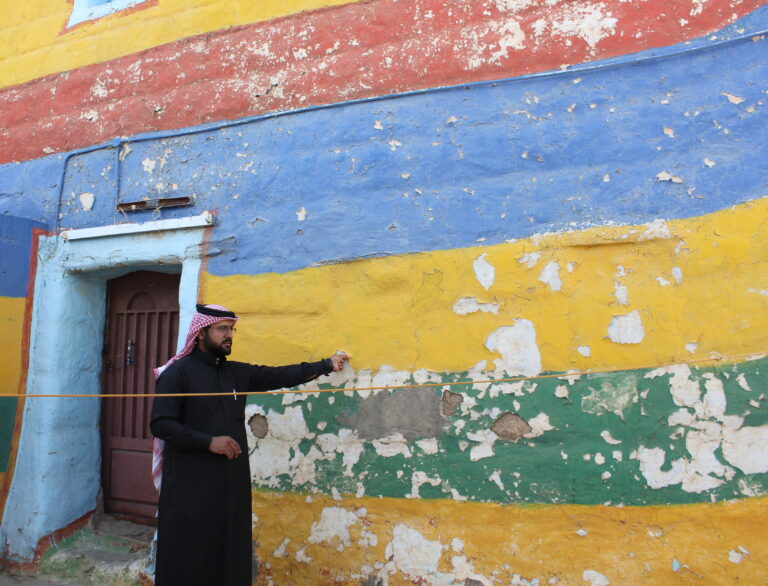
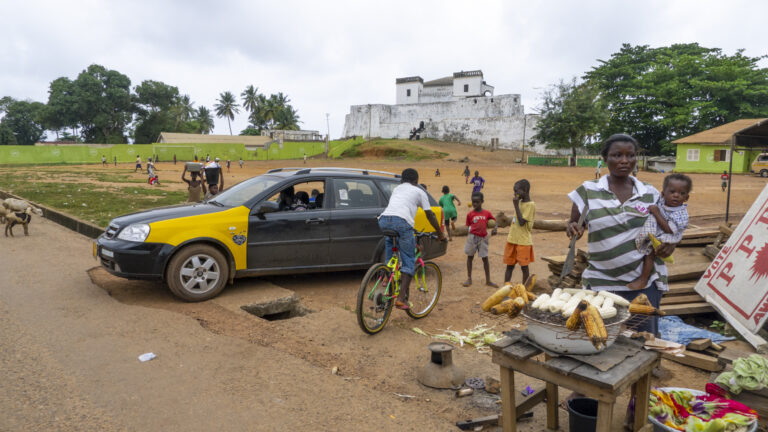
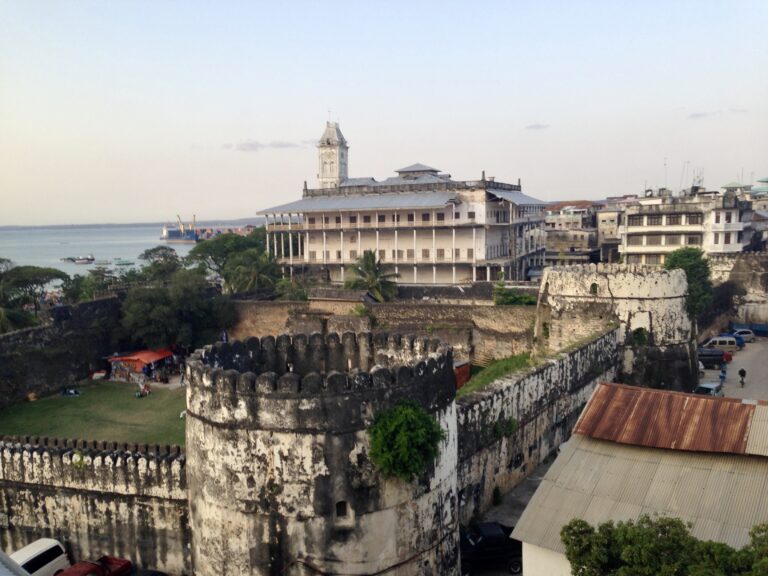
HeritageLab is also a pedagogical exercise in Heritage Studies, as it encourages future thinkers of future heritage, including the many heritage professionals who have gotten their start with HeritageLab, as well as HeritageLab team members who have been working in the field for decades.
HeritageLab is multidisciplinary and interdisciplinary in its approach and reflects how communities increasingly desire to play a pivotal role in re-imagining authorized heritage narratives. We pursue best practices while nurturing alternative approaches for inclusive and sustainable heritage management.
We offer alternative critical approaches to look at heritage sites and practices in an increasingly mobile and digitally connected world. We do this through the traditional academic fields of heritage studies, including archaeology, anthropology, and conservation, and through non-traditional fields, including environmental science, biology, agriculture, history and art history, gender and area studies, postcolonial studies, political science, literature and art, and media. Research tools include digital mapping and archiving, reconstructions, oral histories, film and archival work, in addition to archaeology and traditional conservation methods.
Embracing the diversity of heritage topics and geographic locations, HeritageLab participants come together in a conversation seeking to unite the private and public, unofficial and official narratives, to reach a common understanding of the issues around heritage sites and practices.
We encourage you to explore our Co-Labs and Featured Projects and get to know some of our published work.
To explore some of the stories and sites of our work, return to or visit our Heritage Universe. And always feel free to contact us.
